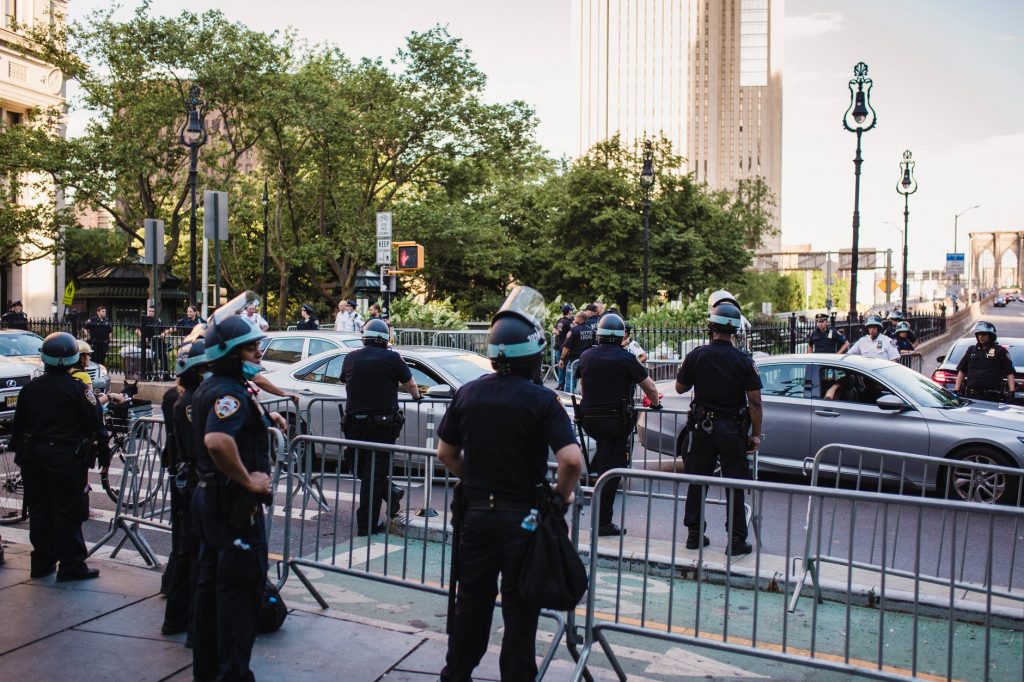
Police misconduct is not a new term in our societies. Many people have been victims of police brutality and excessive force. When this happens, it is easy to feel like your hands are tied because of the power that the police hold.
There is no doubt that the police have a stressful job of maintaining law and order. However, they are also required to serve as role models by using non-violent means of solving crime and apprehending criminals.
What most people don’t know is that if you have been injured in an altercation with law enforcement, a police misconduct attorney can help you by holding them accountable.
Section 1983 of the US constitution outlines remedies and courses of action to take in protecting those whose constitutional rights have been violated by state government employees.
What Constitutes Police Misconduct?
Not all acts of violence by the police equate to misconduct. Some actions may feel unacceptable but are not illegal after all. There is also the issue of qualified immunity for the police and other government employees.
Qualified immunity protects officers from liability for injurious actions that were taken within an official capacity. In other words, the police have already been absolved of some violent acts, whether they result in injuries or not, as long as they were discretionary. This is mainly why such lawsuits take long to end and can quickly become complex.
One of the primary issues that your attorney will consider is whether the officer was acting under the color of law. Was the police trying to enforce a law? Did they attempt to identify themselves as the police? Were they on duty or wearing a uniform?
If all the evidence shows that the officer was carrying out his or her official duties under the color of law, an attorney can go ahead and initiate the lawsuit.
Some of the most common forms of police misconduct include the following:
- False arrests and prosecution
- Using excessive force
- Sexual assault
- Racial profiling
- Degrading and unnecessary strip searches, among others.
The Issue of Internal Police Investigations
After a police misconduct incident, the involved agency often conducts an internal investigation. In most cases, the investigations find officers clear or not guilty of the misconduct. This is because their investigations might not be thorough enough, such as not speaking with key forensic and medical experts.
However, a police investigation is not binding in a civil court. This means that the results of an internal police investigation should not discourage you from going ahead with a lawsuit.
Holding the Police Accountable for Misconduct
When injured by other people, we call the police. But what if it is the police who have injured you? Who do you sue or seek compensation from?
Who Can I Hold Liable for Misconduct?
The number one action to take after being involved in police misconduct is to call an attorney. Your lawyer will begin by proving negligence and misconduct in the individual officer’s part.
Sometimes, the issue runs up a chain of command, where even the people in a higher authority than the officer were aware of the misconduct. In this case, your attorney looks for evidence to sue a department or agency.
What Can I Expect?
If you were injured by an officer who was acting under the color of law, it is possible to initiate a lawsuit. It is important to note that these cases are civil and thus, do not prove any criminal offense on the officer’s part.
The victim receives compensatory damages for the losses incurred from the incident. Such lawsuits also provide a foundation for overall police reforms.